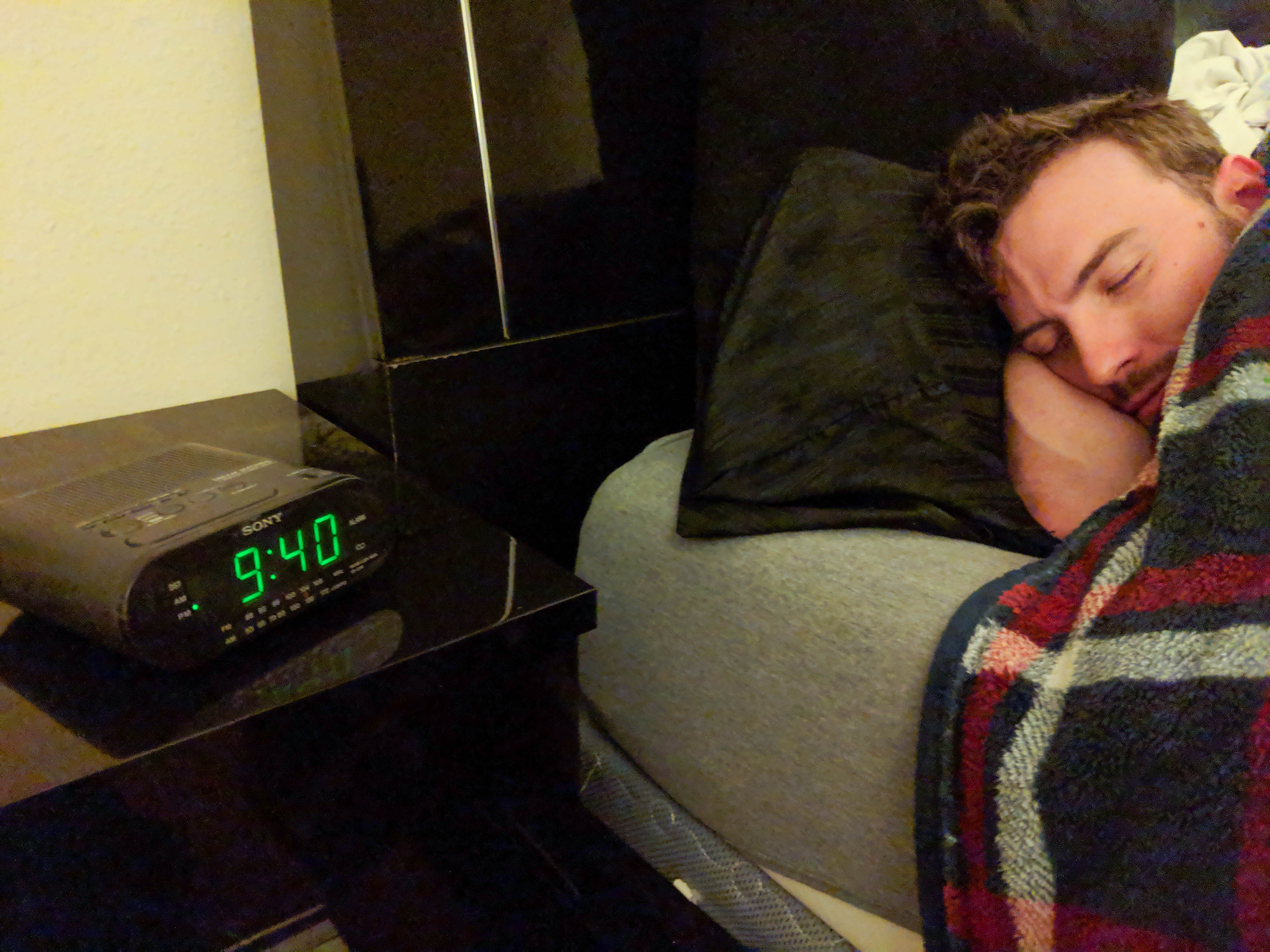As the semester comes to a close, exams and projects are piling up on students and interrupting sleep schedules. A consistent sleep schedule is important for students so that the body thrives on its natural sleep cycle, ensuring that students are set up for productivity.
It is well-known that when people get enough hours of sleep, they function at a higher level and are more capable of doing complex tasks. The National Sleep Foundation has reported that young adults need about seven to nine hours of sleep per night to be functioning at peak capacity. Most college students, however, are getting about six hours of sleep every night. While this is not very far below the needed amount per night, many nights with few hours of sleep can be harmful.
According to Dr. Epstein, the medical director of Sleep Health Centers in Brighton, Massachusetts, it has been found that “after two weeks of sleeping six hours or less a night, students feel as bad and perform as poorly as someone who has gone without sleep for 48 hours.”
Most students know how much sleep they need to get, and in all honesty, most of them still want and need more rest. Due to the busy schedules and responsibilities of college students, sleep can be hard to come by.
“I only get about five to seven hours every night, and I could definitely use more,” sophomore business major Jackson Howard said. “But I am super busy, so it is hard.”
Sleep can be hard to come by in today’s culture and only getting five hours of sleep is not healthy for anyone — especially a hard-working college student.
One way college students can work toward getting more sleep is trying to schedule classes that start around the same time every day or at least wake up around the same time every day.
Another thing that can also improve the quality of sleep is refraining from taking naps during the day. Napping during the day interrupts the hours that the mind and body should dedicate toward being awake and productive. Waiting to sleep until bedtime makes it easier to fall asleep at night, and it keeps the body on a regular sleep schedule.
Some other tips from sleep doctors at Harvard Medical School include having enough to eat and drink during the day and getting a moderate amount of exercise.
College can be a busy time in life, and it can make it difficult for students to get adequate sleep. Despite the chaos, it is absolutely vital that students take the time to focus on themselves and get some much-needed rest. The body needs sleep to be healthy and productive, so students should make every effort to get quality sleep each night.



